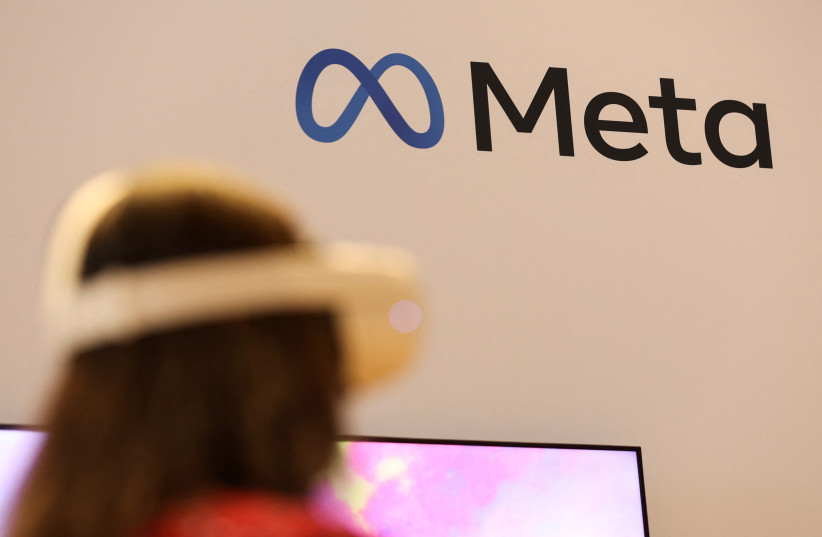The Rachel and Selim Benin School of Computer Science and Engineering at the Hebrew University of Jerusalem (HU) and the university’s technology-transfer company Yissum have announced a new research partnership with Meta AI.
HU joins Meta AI to strengthen the ties between academia and the tech industry. With headquarters in Menlo Park, California, Meta AI later launched smaller satellite research labs in Seattle, Pittsburgh, Tel Aviv, Montreal and London, and most recently a laboratory in Manhattan.
"Meta’s choice to collaborate with the Hebrew University is proof of our institution’s scientific excellence and the commercial success that Yissum has achieved for its leading professors."
Yissum CEO Dr. Itzik Goldwaser
The company conducts research to advance state-of-the-art artificial intelligence through fundamental and applied research in open collaboration with the community. Doctoral students who are accepted into the HU program will have the opportunity to merge theory with real work experience, gain a better understanding of emerging technologies and develop new ones.
The results of the research conducted as part of this strategic partnership will be published for the benefit of the scientific community and industry. Meta will assign the HU students mentors and scholarships to deepen their understanding in AI and machine learning, and students will have access to Meta’s computational infrastructure and facilities.
Meta AI belongs to Meta Platforms Inc. (formerly known as Facebook, Inc.). It began as Facebook Artificial Intelligence Research (FAIR), which was officially announced in 2013. Research at FAIR pioneered the technology that led to face recognition, tagging-in photographs and personalized feed recommendation.

Its latest AI advances include the BuilderBot, which allows users to generate virtual worlds by using voice commands. Other tools include the No Language Left Behind, a system capable of automatic translation between written languages, and a Universal Speech Translator, a system capable of instantaneous speech-to-speech translation.
Prof. Sara Cohen, dean of the Benin School at HU’s Computer Science and Engineering department, commented: "This partnership offers our students a unique opportunity to experience the world of research and development from two perspectives – a research perspective that enables experimentation, innovation and breakthroughs, and an implementation perspective.
"It will give them an understanding of the real-world impact of their research. This one-of-a-kind collaboration will empower HU’s PhD students to study at one of Israel’s leading universities and to test their ideas in Meta’s industry-leading AI laboratory."
Yissum CEO Dr. Itzik Goldwaser said that "Meta’s choice to collaborate with the Hebrew University is proof of our institution’s scientific excellence and the commercial success that Yissum has achieved for its leading professors. The university’s curious and innovative researchers play a critical role in the marketplace, and we are proud to facilitate this collaboration with Meta to impact the scientific community."
“Exploratory research, open science, and cross-collaboration are foundational to our AI efforts,” said Prof. Joelle Pineau, managing director of FAIR. “Many of our projects are done with researchers both in industry and academia, as we believe this is the fastest way to make progress in research. Bringing our doctoral program to Israel, in partnership with the Hebrew University, will further our collective impact as we together accelerate the world’s progress toward more capable AI.”
